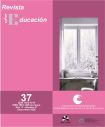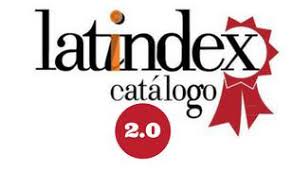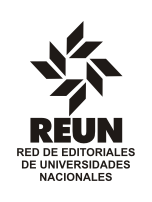Repitencia escolar y desempeño en ciencias en Argentina. Estudio multinivel con base en datos de PISA 2015 / School retention and performance in sciences in Argentina. Multilevel study based on PISA 2015 data
Resumen
Resumen:
La repetición de grado escolar continúa siendo uno de los indicadores más preocupantes en el sistema educativo y sus consecuencias en el aprendizaje futuro del alumno es un tema de recurrentes investigaciones. El objetivo de este artículo es explorar las relaciones entre repetición escolar y desempeño del alumno en el área de ciencia. Se analizan los datos de Argentina en PISA 2015 referidos a los resultados de la prueba de ciencia y algunas informaciones contenidas en el cuestionario del alumno. Se aplican modelos de regresión multinivel. Las variables de control son el sexo y el nivel socioeconómico del alumno, y la composición socioeconómica de la escuela. Se concluye que los alumnos que han repetido algún grado muestran desempeños significativamente inferiores en relación con el resto de alumnos, aun controlando por aquellas variables. Sin embargo, la intensidad de esa asociación varía según el grado o nivel donde se produjo la repetición de grado, siendo la más extrema cuando el alumno repitió en ambos niveles (primaria y secundaria). Los resultados se discuten y se indican las limitaciones del estudio.
Abstracts:
The school retention continues to be one of the most worrying indicators in the education system and its consequences in the student's future learning is a subject of recurrent research. The objective of this article is to explore the relationships between school retention and student performance in science. For this, the data of PISA 2015 are used and the results of the science test are analyzed with multilevel regression models. The control variables constructed for that purpose are the sex and socioeconomic level of the student, and the socioeconomic composition of the school. It is concluded that the students who have repeated some degree show significantly lower performance in relation to the rest of the students, even controlling for those variables. However, the intensity of this association varies according to the school grade or level where the repetition occurred, being the most extreme when the student repeated at both levels (primary and secondary). The results are discussed and the limitations of the study are indicated.
Keywords: <grade retention> <Secondary education> <science> <multilevel> <school achievement> <PISA> <Argentina>
Palabras clave
Texto completo:
PDF
Este obra está bajo una licencia de Creative Commons Reconocimiento-NoComercial-CompartirIgual 4.0 Internacional.
 |
ISSN 1853-1318 (impresa) - ISSN 1853-1326 (en línea)
|
| Indizada en: | |
 | CCPP Catálogo Colectivo de Publicaciones Periódicas http://ccpp.caicyt.gov.ar/cgi-bin/koha/opac-detail.pl?biblionumber=149451 |
 | Núcleo Básico de Revistas Científicas Argentinas, Caicyt http://www.caicyt-conicet.gov.ar/sitio/revista-de-educacion/ |
 | Google académico (en proceso de actualización) |
 | Latindex https://www.latindex.org/latindex/ficha/14316 |
 | Redib http://redib.org/Record/oai_revista1003-revista-de-educaci%C3%B3n |
 | REUN https://www.reun.com.ar/ |
 | DOAJ Link/ |
 | Capes Qualis Link/ |
 | Journals for Free Link/ |
 | Latinoamericana (Asociación de Revistas Académicas de Humanidades y Ciencias Sociales) Link/ |
 | ERIH PLUS (European Reference Index for the Humanities and Social Sciences) Link/ |
 | ROAD (Directory of Open Acces Scholarly Resources) Link/ |
 | Directory of Research Journals Indexing (DRJI) Link/ |
 | LatinRev Link/ |
| Esta revista utiliza el Identificador Persistente | |
.png) |


